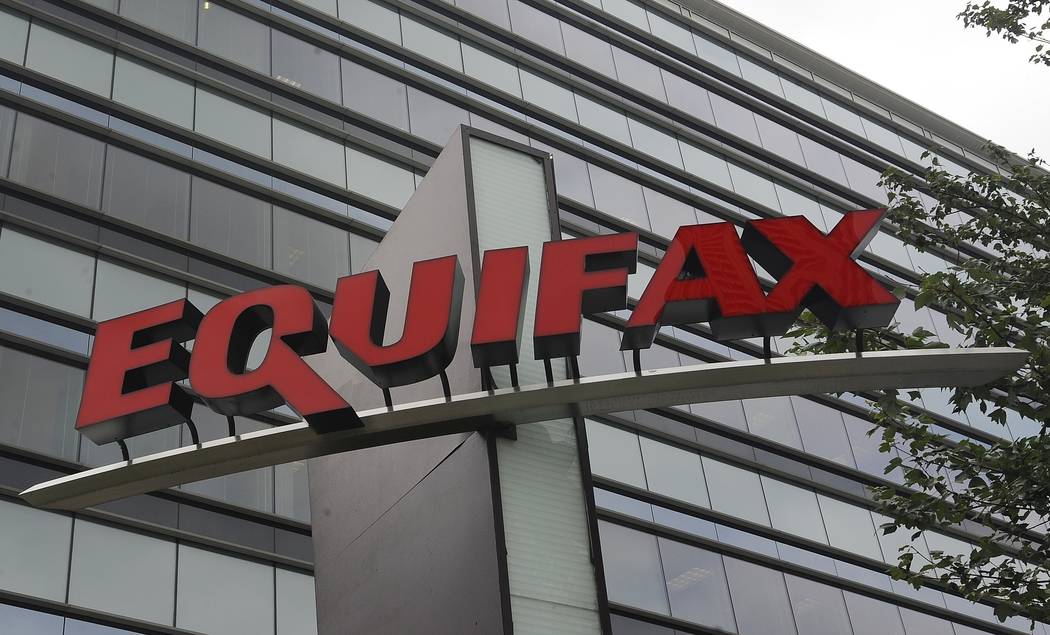1.2 million Nevadans affected by Equifax data breach
The data breach of credit reporting firm Equifax Inc. affects about 1.2 million Nevadans, the state’s attorney general’s office said Wednesday.
Monica Moazez, a spokeswoman for the Nevada attorney general’s office, did not immediately return a request for comment Wednesday about why the office only released how many Nevadans were impacted now, two and a half weeks after several other states announced reported their numbers.
New York, West Virginia and New Hampshire reported the number of victims in the Equifax data breach Sept. 8.
Michele Johnson, president and CEO of Financial Guidance Center, offers some advice for those impacted:
1) Get a copy of your credit report
“Everybody should be doing it once each year with each of the three credit reporting agencies,” she said.
2) Find out if your data were compromised in the breach
You can do this online at Equifax’s website: www.equifaxsecurity2017.com. You’ll have to enter your last name and the last six digits of your Social Security number.
3) Consider your options: a credit freeze, a credit lock, a fraud alert and/or credit monitoring
“If you have been affected, you certainly can freeze your credit,” Johnson said. If you decide to freeze your credit, you’ll need to freeze credit at all three big credit reporting agencies: Equifax, TransUnion and Experian.
“If somebody is trying to access your credit, it’s not going to be beneficial to freeze just one file,” she said. “When people pull your credit report they normally pull all three reports.”
A credit freeze will prevent anybody from accessing your credit file, unless you have given explicit authorization for somebody to do so.
However, it does come at a cost to freeze credit, as well as additional costs to unfreeze credit.
Nevada Attorney General Adam Paul Laxalt and 33 other attorneys general sent a letter Sept. 15 to credit reporting firm Equifax Inc., requesting that Equifax reimburse those who had to pay fees to freeze their credit.
“Although Equifax is not charging consumers a fee for its own security freeze service, these consumers are furious that they have been forced to pay for a security freeze with other companies, such as Experian and TransUnion, when this privacy breach was no fault of their own,” the letter states.
A credit lock allows you to lock and unlock your file as often as you want.
There are also credit monitoring services available.
Which option(s) should you choose? Johnson said it just depends on how you use your credit and what you’re comfortable with.
Contact Nicole Raz at nraz@reviewjournal.com or 702-380-4512. Follow @JournalistNikki on Twitter.
Shorter hold times
In the letter to Equifax, Nevada Attorney General Laxalt and other attorneys general also requested that Equifax "feature" the number for its call center "more prominently" on its websites, and requests a hot line be made available 24 hours a day.
Moazez said Equifax has increased the number of employees at its call center, operational from 4 a.m. to 11 p.m.
Related
Equifax CEO steps down in the wake of data breach
Senate panel grills SEC chairman over cyber breach, Equifax
SEC says hackers may have traded using stolen information





























